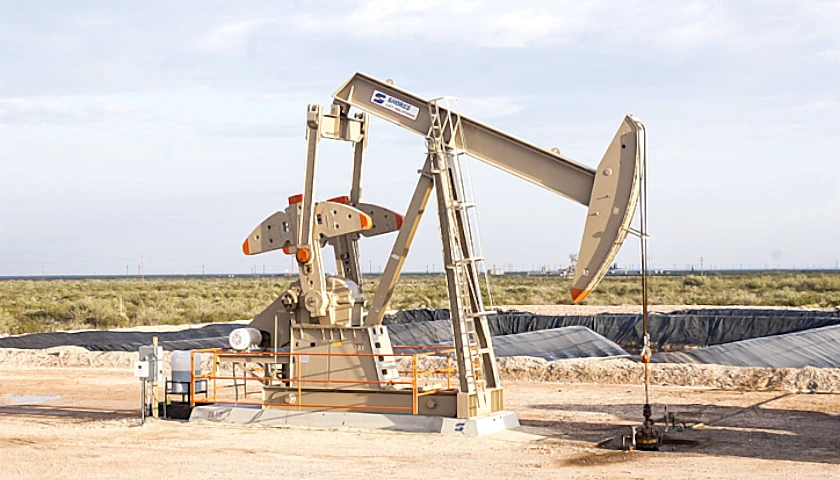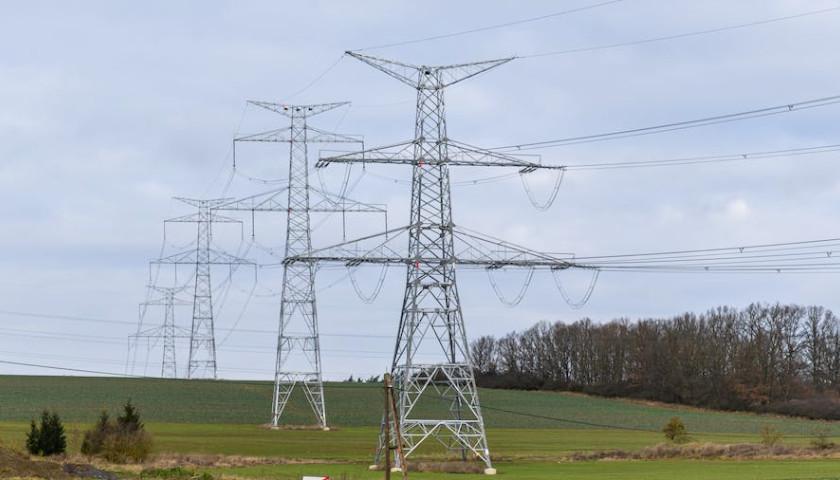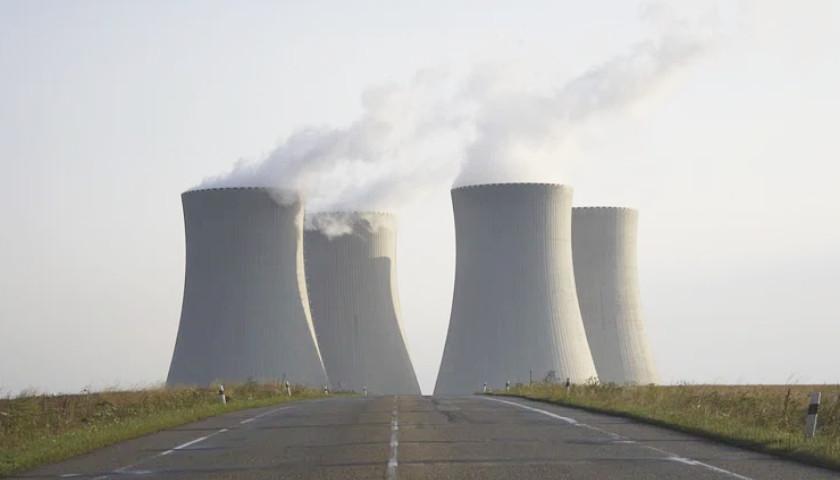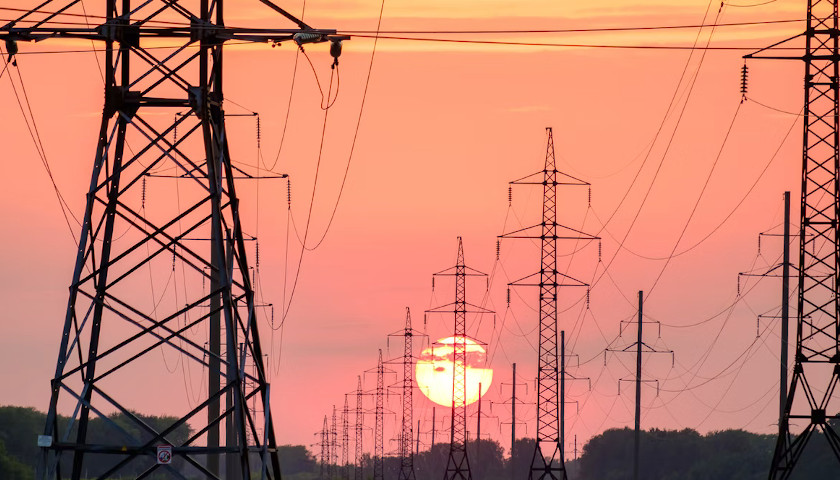The Bureau of Land Management (BLM) has been chipping away at the oil, gas and coal industries ever since President Joe Biden took office. Wyoming is an energy state that produces half the nation’s coal, as well as part of its oil and gas output. Since the federal government owns nearly half the state’s land, virtually all oil, gas and coal operations in the Cowboy State are heavily impacted by every rule the BLM throws at fossil fuels.
Although the Biden administration is waging war on fossil fuels, Wyoming is fighting back. The state, along with Utah, filed a lawsuit against the agency last Tuesday over its restoration lease program, and Rep. Harriett Hageman, R-Wyo., is rolling out legislation to fight back against the BLM’s proposed ban on federal coal leases.
Read More




